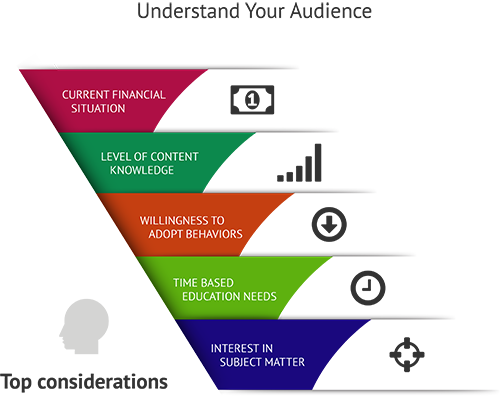When I first started working and earning my own money, I felt a sense of freedom and independence. But along with that came a newfound responsibility that I wasn’t fully prepared for – managing my own finances. The truth is, financial education is something that is often overlooked, and many of us are left to figure it out on our own. That’s why I want to share some basic money management tips that I wish someone had told me when I was starting out.
The first step in managing your finances is creating a budget. I know, it sounds boring and tedious, but trust me, it is essential. Start by listing all your sources of income, and then make a list of your monthly expenses. This includes rent, utilities, groceries, transportation, and any other recurring bills you have. Be honest with yourself and include everything. This will give you a clear picture of how much money you have coming in and going out each month.
Once you have your budget in place, it’s time to prioritize your expenses. Start by covering your basic needs first – things like housing, food, and transportation. Then, allocate some money towards paying off any debts you may have, such as student loans or credit card balances. It’s important to tackle these as soon as possible to avoid high interest rates and snowballing debt.
Now that your immediate needs are taken care of, it’s time to think about the future. One of the most important habits you can develop is saving money. Aim to save at least 10% of your income each month, but if that seems too daunting at first, start with whatever you can. Set up an automatic transfer from your checking account to a savings account so you don’t even have to think about it.
As you start saving, it’s essential to have a safety net for unexpected expenses. Consider building an emergency fund that covers three to six months’ worth of living expenses. This will give you peace of mind and prevent you from going into debt when unexpected costs arise, such as car repairs or medical bills.
Another aspect of financial education that may be overlooked is understanding credit. It’s important to establish and maintain a good credit score because it affects your ability to get loans, rent apartments, and even secure certain jobs. Make sure to pay your bills on time and in full, as this is one of the most important factors in determining your credit score. Avoid carrying high balances on credit cards, and if you do have debt, create a plan to pay it off as soon as possible.
Investing is another key component of managing your money. Once you have a solid emergency fund and have cleared any high-interest debts, consider putting your money to work for you. Investing can help you grow your wealth over time and prepare for retirement. Start by educating yourself on different investment options, such as stocks, bonds, and real estate. Consider consulting with a financial advisor who can help guide you and tailor a plan to your individual goals and risk tolerance.
Lastly, don’t underestimate the power of financial education and continuous learning. There are countless resources available, such as books, podcasts, and online courses, that can help deepen your understanding of personal finance. The more you learn, the better equipped you will be to make informed decisions and navigate the complexities of the financial world.
In conclusion, financial education is something we all need, regardless of our background or income level. By creating a budget, prioritizing expenses, saving, understanding credit, investing, and continuously learning, we can take control of our finances and build a solid foundation for a secure future. It’s never too late to start, so why not take the first step towards financial empowerment today?
